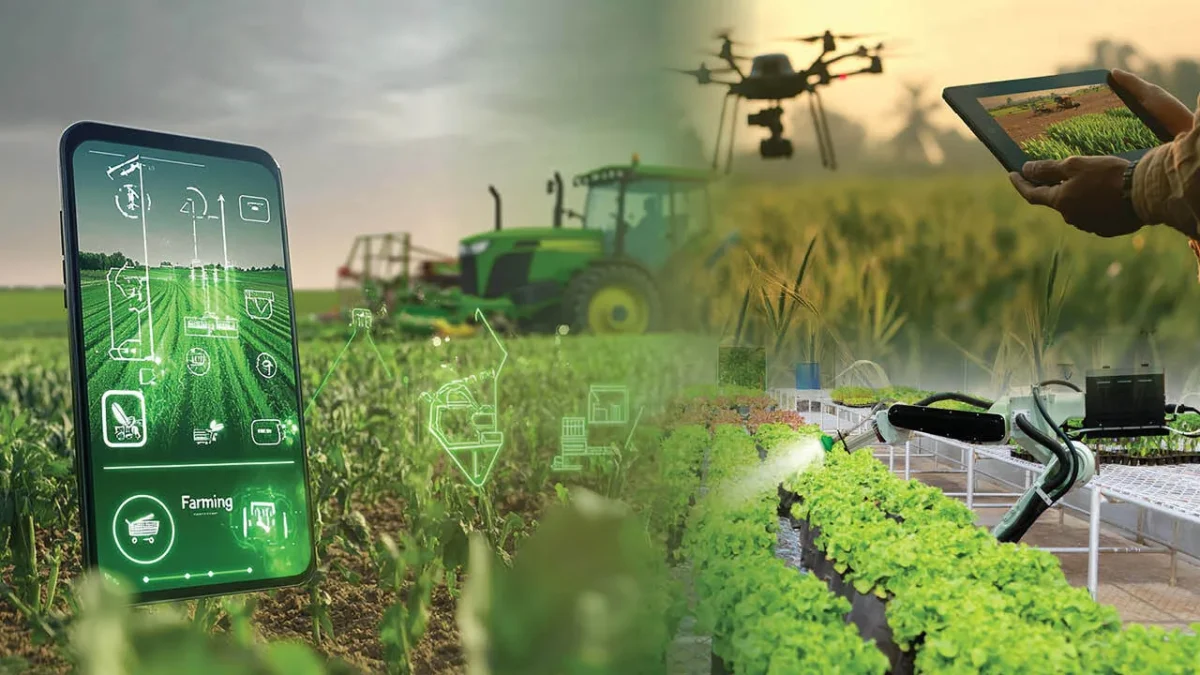IRRI and smart agriculture technology leader XAG collaborate to promote digital agriculture and precision farming in the Philippines
The International Rice Research Institute (IRRI) and smart agriculture technology leader XAG are set to accelerate agricultural automation and innovation in the Philippines through digital agriculture and precision farming using drone technology. Through a Memorandum of Understanding (MOU), IRRI and XAG will collaborate to validate the application of smart agriculture technologies in rice-based cropping systems through experimentation and research
XAG, through its Philippine partner Agridom, has donated agricultural drones to the International Rice Research Institute (IRRI) to support its mission of advancing precision agriculture and sustainable farming practices. Agridom pioneered the introduction of XAG agricultural drones in the Philippines, bringing cutting-edge technology to local farmers and institutions. This collaboration with IRRI demonstrates Agridom’s unwavering commitment to driving agricultural innovation and empowering the sector with tools that enhance productivity and sustainability.
“Drones have been increasingly used for high throughput phenotyping, crop monitoring, improving agricultural productivity, and supporting precision farming. By providing efficient tools for crop monitoring, precision input application, and data-driven decision-making, drones provide the potential to significantly reduce costs and increase yields, optimizing resource use and minimizing environmental impact,” explained IRRI Senior Scientist and Digital Agriculture and Precision Farming Lead Engr. Steve Klassen.
This meant that drones could rapidly provide measurements of traits related to growth, yield, and stress adaptation. This technology is particularly valuable to smallholder farmers who must improve their productivity and reduce production costs to be competitive and stay in business in response to climate change, labor shortages, and higher input costs.
However, drone adoption in the Philippines is hindered by limited access to technology, lack of standard protocols, financial resources, and regulatory constraints. “To overcome these challenges, we need a comprehensive approach that involves targeted training, guidelines for best practices, financial incentives, and supportive government policies.”, Klassen said.
Klassen’s team is also working with the Philippine Department of Agriculture (DA) – National Program, Philippine Rice Research Institute (PhilRice), and their allied bureaus on the Drones4Rice Project, which aims to streamline and standardize drone protocols for applying seeds, fertilizers, and pesticides in the Philippines. The donated drones will support the ongoing Drones4Rice project and other IRRI global initiatives on sustainable farming and digital accelerators.
“IRRI is a key research and technology partner in the Philippines, and through this effort, we hope to contribute to the country’s agricultural competitiveness through drone-based technologies.” shared XAG Head of International Business Wei Tong. “XAG’s agricultural drones can be applied to various precision farming scenarios, specifically but not limited to direct seeding, pesticide spraying, fertilizer operation, and remote sensing. We hope to expand our engagements abroad to strengthen global food security and tackle climate change, as rice is the primary staple food that feeds over half of the world’s population.”, Tong shared.
Beyond this collaboration, XAG is also a member of the IRRI-led Direct Seeded Rice Consortium (DSRC), which promotes direct seeding methods in rice cultivation by developing technologies and training farmers to adopt sustainable farming practices.
The International Rice Research Institute (IRRI) and


